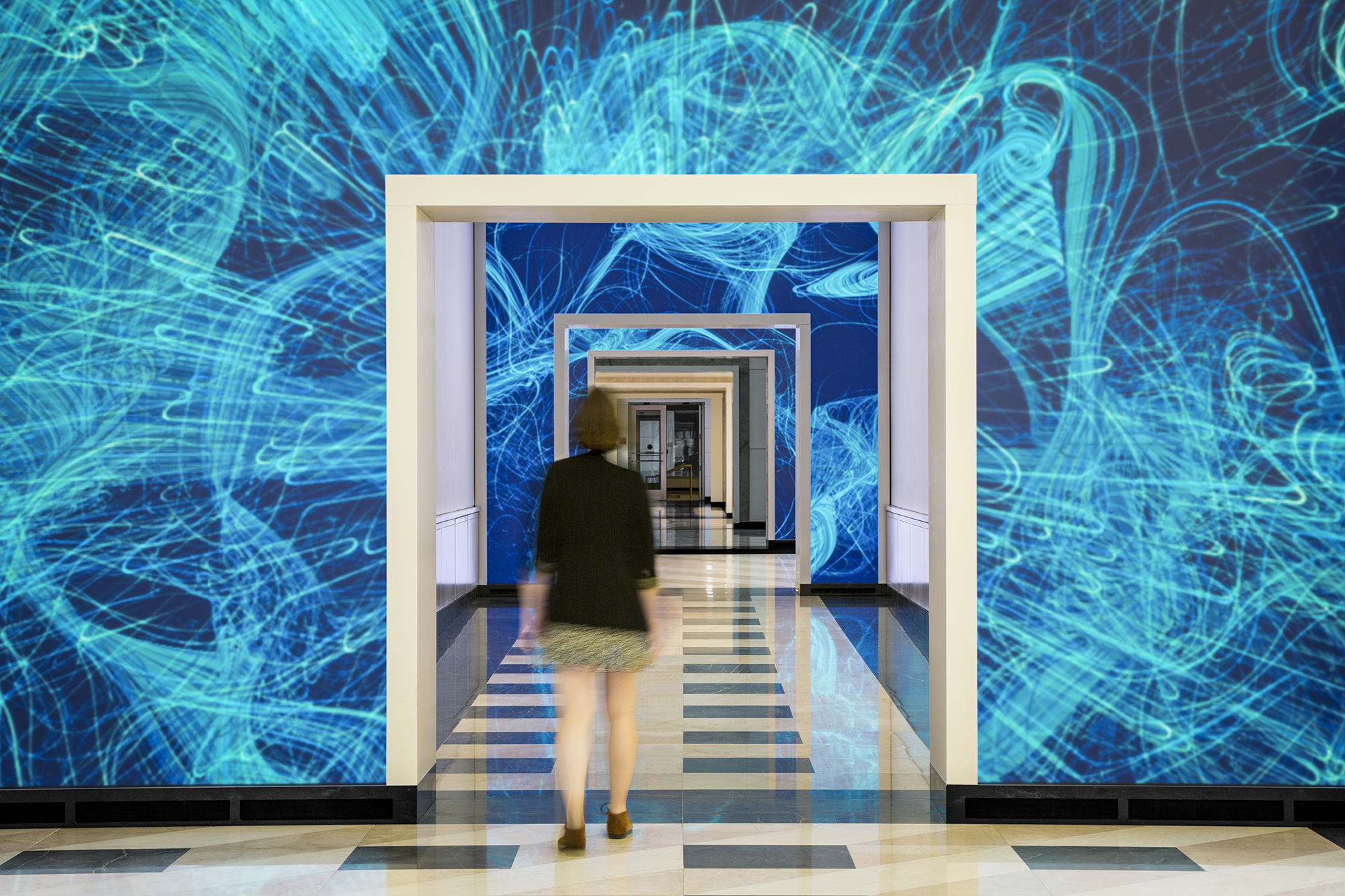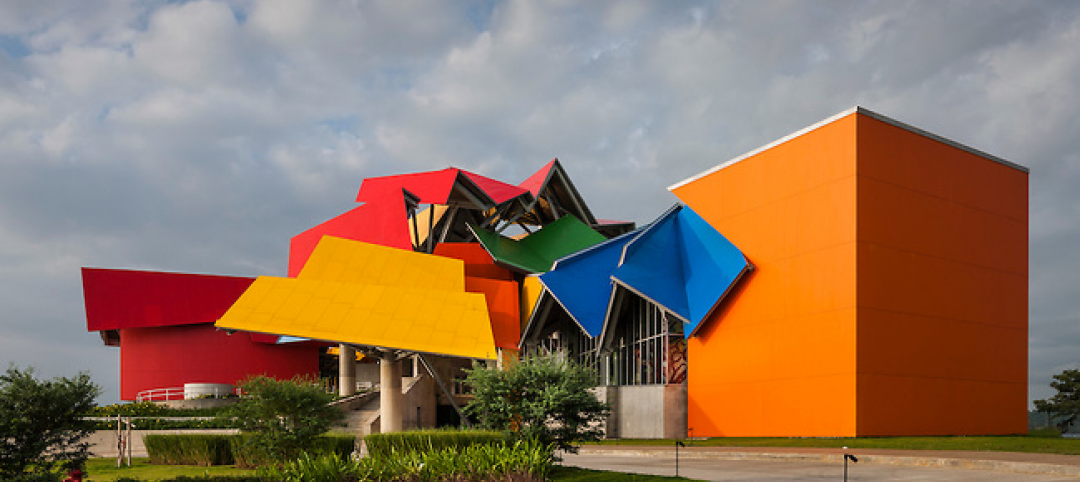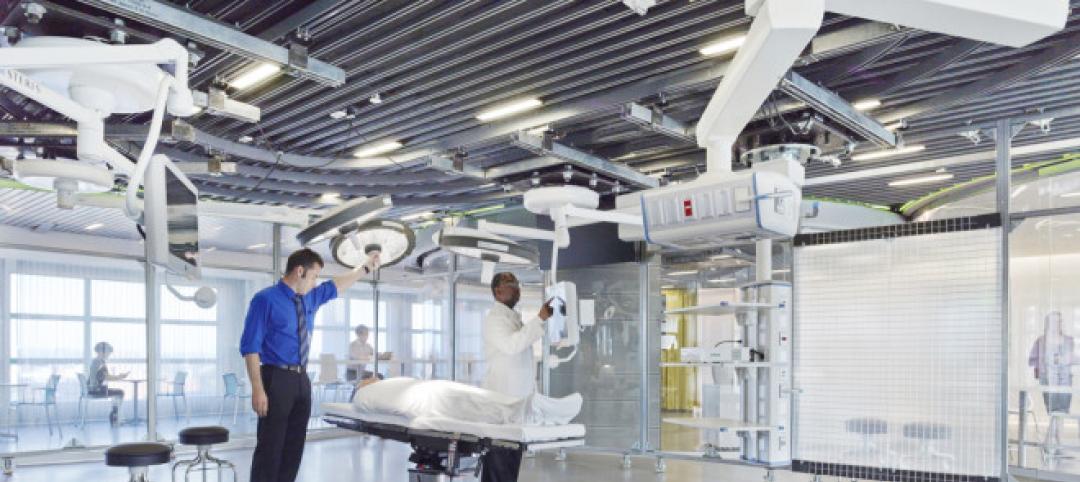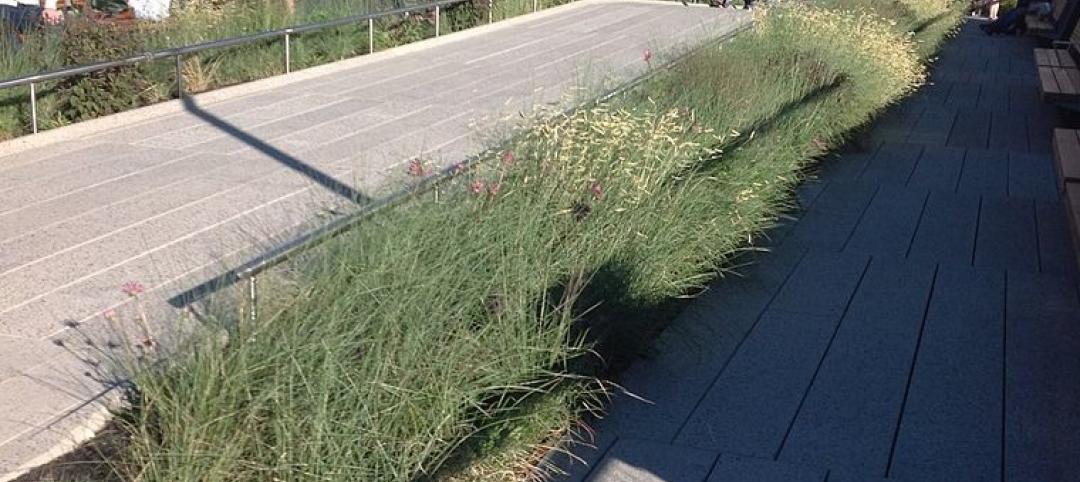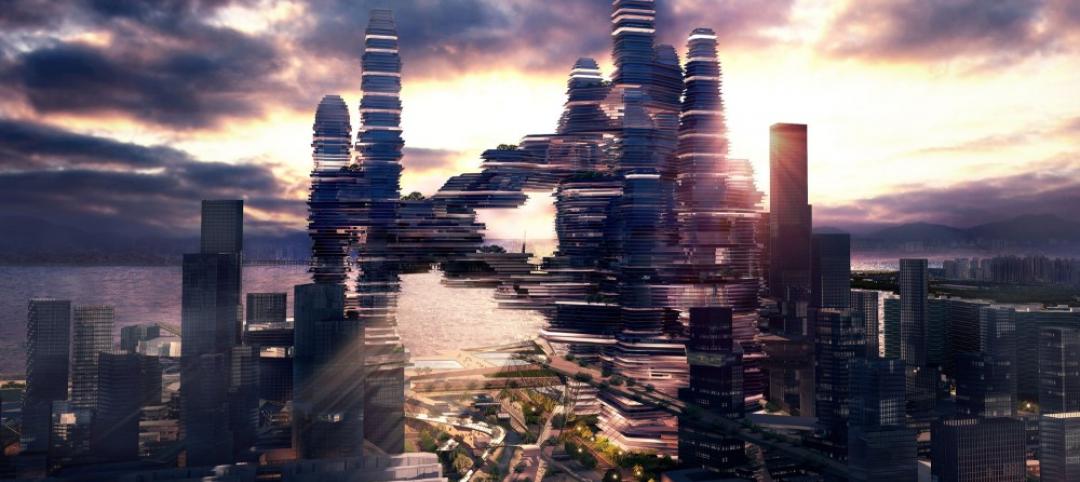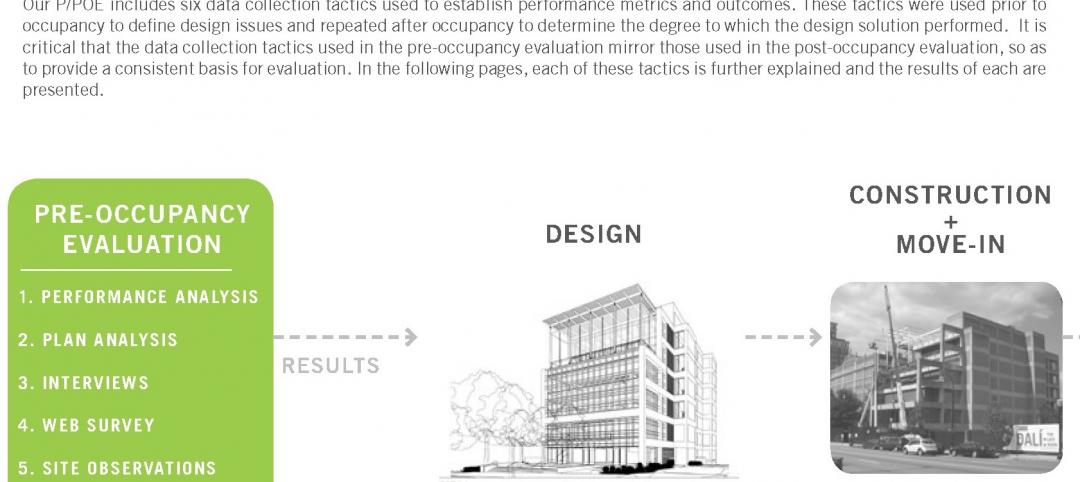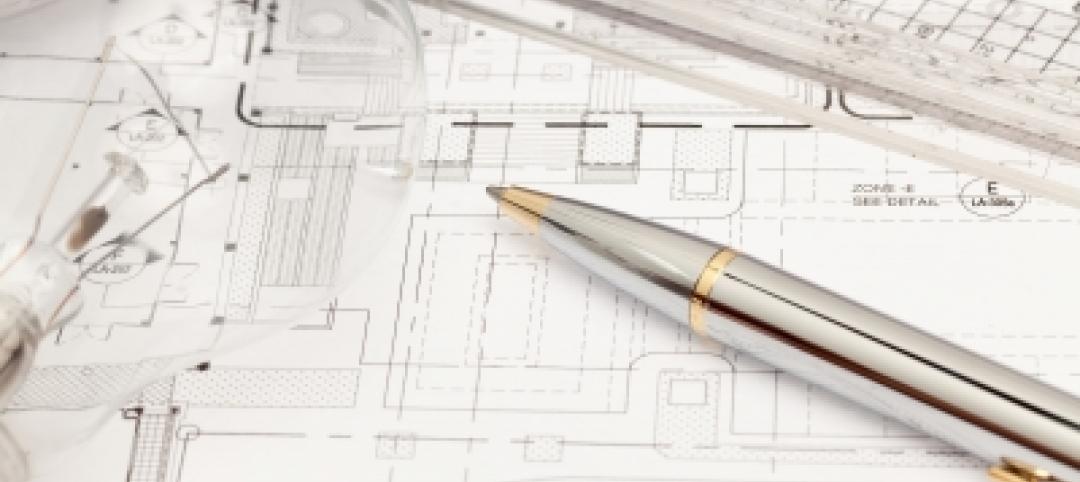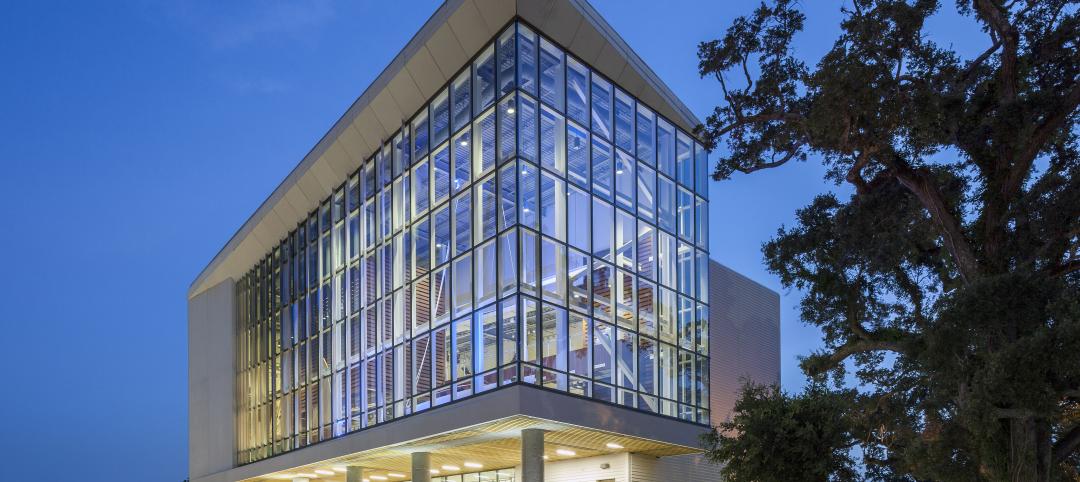NBBJ, the global architecture and design firm, today announced that it has acquired experience design studio ESI Design. The acquisition signals a new era where buildings will be transformed into immersive and interactive digital experiences that engage and delight.
By joining forces, NBBJ and ESI Design’s multidisciplinary team will be able to integrate digital experiences early in the design process, providing clients with more impactful and streamlined services.
Sweeping advancements in technology, from miniaturization to contemporary light projection technology, will make it possible for NBBJ and ESI Design to bring the type of immersive experiences that are increasingly desired as digital centerpieces in museums, stadiums, and transportation hubs to a wider range of industries, including healthcare, education, civic, commercial real estate, and science.
The two firms—which have previously collaborated on commercial real estate and corporate workplace projects in Boston and New York City—will now provide unified solutions as one of the largest and most robust experience design platforms in the country.
“By integrating the design of architecture and dynamic digital experiences, we will create boundless opportunities to energize the places we live, work, and play to stimulate our senses and inspire discovery, learning, and impact” said Steve McConnell, FAIA, Managing Partner of NBBJ. “The acquisition of ESI Design brings this vision to life and increases NBBJ’s ability to serve our clients as they activate their brands, create community, inspire wellbeing, and thrive.”
NBBJ is one of the largest architecture and design firms in the world, with clients that include Amazon, the Bill & Melinda Gates Foundation, Massachusetts General Hospital, Microsoft, and the University of Oxford. ESI Design has most recently received critical acclaim for its design of the immersive visitor experience at the Statue of Liberty Museum, which opened in May 2019. Other clients include Barclays, eBay, The Ellis Island National Museum of Immigration, PNC Bank, and WarnerMedia.
“We are at an exciting moment in time where the diverse skillsets of digital designers, media architecture technologists, gaming engineers and storytellers will partner with architects to create buildings as places that are lively, engaging and evolving,” said Edwin Schlossberg, the founder and principal designer of ESI Design. “NBBJ and ESI Design share a vision that well-designed spaces can bring ideas and brands to life in ways that inform, inspire, and delight. Through our partnership we will push the boundaries of what a building can be and help our clients bring people closer together through shared experiences – by seeking to design in ways that enable the environment to learn from its users so that it, and them get better with use.”
ALSO SEE: Tech Report 5.0: Digital Immersion
Under the agreement, ESI Design becomes NBBJ’s 18th studio. As part of the acquisition, Schlossberg becomes a partner at NBBJ and will lead the ESI Design studio at NBBJ.
Six ESI Design leaders will become principals at NBBJ: Alexandra Alfaro, Angela Greene, Cara Buckley, Emily Webster, Layne Braunstein, and Susan Okon. NBBJ will retain two office locations in New York City: The NBBJ New York office at 140 Broadway and ESI Design, an NBBJ studio at 111 Fifth Avenue. This will create a presence of 160 NBBJ employees in New York City, bringing the firm’s total employees to more than 800 worldwide.
Related Stories
| Sep 24, 2014
5 business lessons from a 43-year Star veteran
Mary Ed Cain was supposed to be born a boy. That was the first time she surprised everyone. The second time came on a daily basis during her 43-year career at Star Building Systems. SPONSORED CONTENT
| Sep 24, 2014
Architecture billings see continued strength, led by institutional sector
On the heels of recording its strongest pace of growth since 2007, there continues to be an increasing level of demand for design services signaled in the latest Architecture Billings Index.
| Sep 24, 2014
Frank Gehry's first building in Latin America will host grand opening on Oct. 2
Gehry's design for the Biomuseo, or Museum of Biodiversity, draws inspiration from the site's natural and cultural surroundings, including local Panamaian tin roofs.
| Sep 23, 2014
Cedars-Sinai looks to streamline trauma care with first-of-its-kind OR360 simulation space
The breakthrough simulation center features moveable walls and a modular ceiling grid that allow doctors and military personnel to easily reconfigure the shape and size of the space.
| Sep 23, 2014
Third phase of New York’s High Line redevelopment opens
The $35 million Phase 3, known as High Line at the Rail Yards, broke ground September 20, 2012, and officially opened to the public on September 21.
| Sep 23, 2014
Cloud-shaped skyscraper complex wins Shenzhen Bay Super City design competition
Forget the cubist, clinical, glass and concrete jungle of today's financial districts. Shenzhen's new plan features a complex of cloud-shaped skyscrapers connected to one another with sloping bridges.
| Sep 23, 2014
Designing with Water: Report analyzes ways coastal cities can cope with flooding
The report contains 12 case studies of cities around the world that have applied advanced flood management techniques.
| Sep 22, 2014
4 keys to effective post-occupancy evaluations
Perkins+Will's Janice Barnes covers the four steps that designers should take to create POEs that provide design direction and measure design effectiveness.
| Sep 22, 2014
NCARB overhauls Intern Development Program, cuts years off licensure process
The newly adopted changes will be implemented in two phases. The first will streamline the program by focusing on the IDP’s core requirements and removing its elective requirements. The second phase will condense the 17 current experience areas into six practice-based categories.
| Sep 22, 2014
Biloxi’s new Maritime and Seafood Industry Museum is like a ship in a bottle
Nine years after the Museum of Maritime and Seafood Industry in Biloxi, Miss., was damaged by Hurricane Katrina’s 30-foot tidal surge, the museum reopened its doors in a brand new, H3-designed building.


